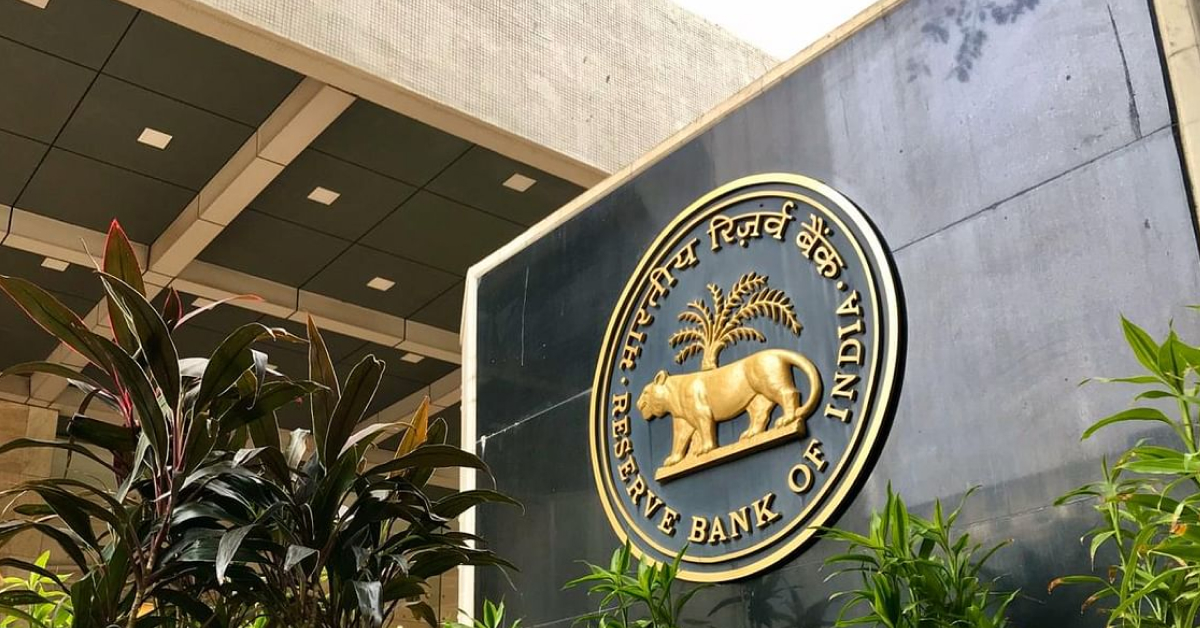Understanding the Key Facts Statement (KFS)
The KFS is a comprehensive summary of the loan agreement, crafted to eliminate confusion and prevent hidden charges. It outlines essential elements such as the total cost of the loan, including all applicable fees and charges, the nature of the interest rate (whether fixed, floating, or hybrid), and the annual percentage rate (APR). Importantly, any fees or charges that are not explicitly mentioned in the KFS cannot be imposed on the borrower without their express consent.
Currently, the KFS requirement is limited to individual borrowers of commercial banks, digital lenders regulated by the RBI, and microfinance institutions. However, starting October 1, 2024, the KFS mandate will be expanded to cover all lenders, including those offering retail and MSME loans. This step marks a critical shift in India's lending landscape by extending protection to a larger segment of borrowers.
Expanded Disclosure Requirements
In addition to the loan terms, lenders are now obligated to disclose any third-party service provider charges such as insurance and legal fees as part of the APR calculation. The RBI's directive also stipulates that lenders must provide borrowers with receipts and relevant documentation for any payments made toward these third-party services. These documents are to be issued within a reasonable time frame, ensuring that borrowers have full visibility into the costs associated with their loans.
Moreover, the KFS must contain a detailed amortisation schedule, illustrating how the loan will be repaid over its duration, as well as a computation sheet showing the APR. This APR includes all charges levied by the regulated entities (REs), giving borrowers a clear picture of the total cost of their loan.
Objective Behind the Reforms
The RBI has emphasised that the primary goal of this harmonisation is to increase transparency and reduce information asymmetry between lenders and borrowers. As per the central bank's statement, "This initiative aims to empower borrowers to make informed financial decisions by providing a clear and complete picture of the loan terms." This push toward greater transparency is expected to foster healthier financial relationships between lenders and borrowers while preventing lenders from imposing unexpected charges post-loan disbursement.
Notably, this circular does not extend to credit card receivables, which remain governed by a separate set of regulations.
Fair Lending Practices: Strengthening Borrower Protections
The Key Facts Statement is not an isolated development but a part of the broader fair lending practices recently updated by the RBI. Effective from April 1, 2024, the updated guidelines include several measures designed to protect borrowers from predatory lending practices. One such measure is the prohibition on banks and non-banking financial companies (NBFCs) from charging penal interest rates on unpaid EMIs. Instead, penalties for non-payment can only be imposed as penal charges, not as additional interest.
The RBI has clearly stated that penal interest should not be used as a revenue-generating tool by financial institutions. To ensure transparency, all penalties and charges must be clearly displayed on the lenders' websites under the 'Interest Rates and Service Charges' section, and prominently featured in the Key Facts Statement provided to the borrower.
This move is expected to curtail the misuse of penal interest rates, which has been a point of contention between borrowers and lenders. By ensuring that penal charges are clearly communicated and not disguised as additional interest, the RBI aims to create a fairer and more transparent lending environment.
Impact on Borrowers and the Lending Market
The new KFS regulations, combined with the updated fair lending practices, signal a significant shift toward more borrower-friendly lending practices in India. By ensuring that borrowers are fully aware of the terms of their loan agreements, including all associated costs, the RBI is helping to foster a more informed and empowered borrower base.
For lenders, these changes will necessitate a more thorough and transparent approach to loan agreements and pricing structures. While this may require some adjustments, the long-term benefits of increased trust and a healthier lender-borrower relationship are expected to outweigh any short-term challenges.
The RBI's new directive on the Key Facts Statement and the revised fair lending practices are poised to transform the lending landscape in India. As these changes take effect, borrowers will be better equipped to make informed financial decisions, while lenders will be held to higher standards of transparency and fairness.
PrivateCourt Viewpoint:
As a leading ADR/ODR organization, PrivateCourt is dedicated to fostering transparency and fairness in financial transactions. We believe that the RBI’s new Key Facts Statement rule will significantly enhance borrower protection and promote clarity in loan agreements. Our commitment to supporting fair practices aligns with these regulatory advancements, ensuring that all parties involved in the financial sector can benefit from a more transparent and equitable lending environment.
keywords: RBI, Key Facts Statement, retail loans, MSME loans, transparency, APR, fair lending, Privatecourt, ADR

